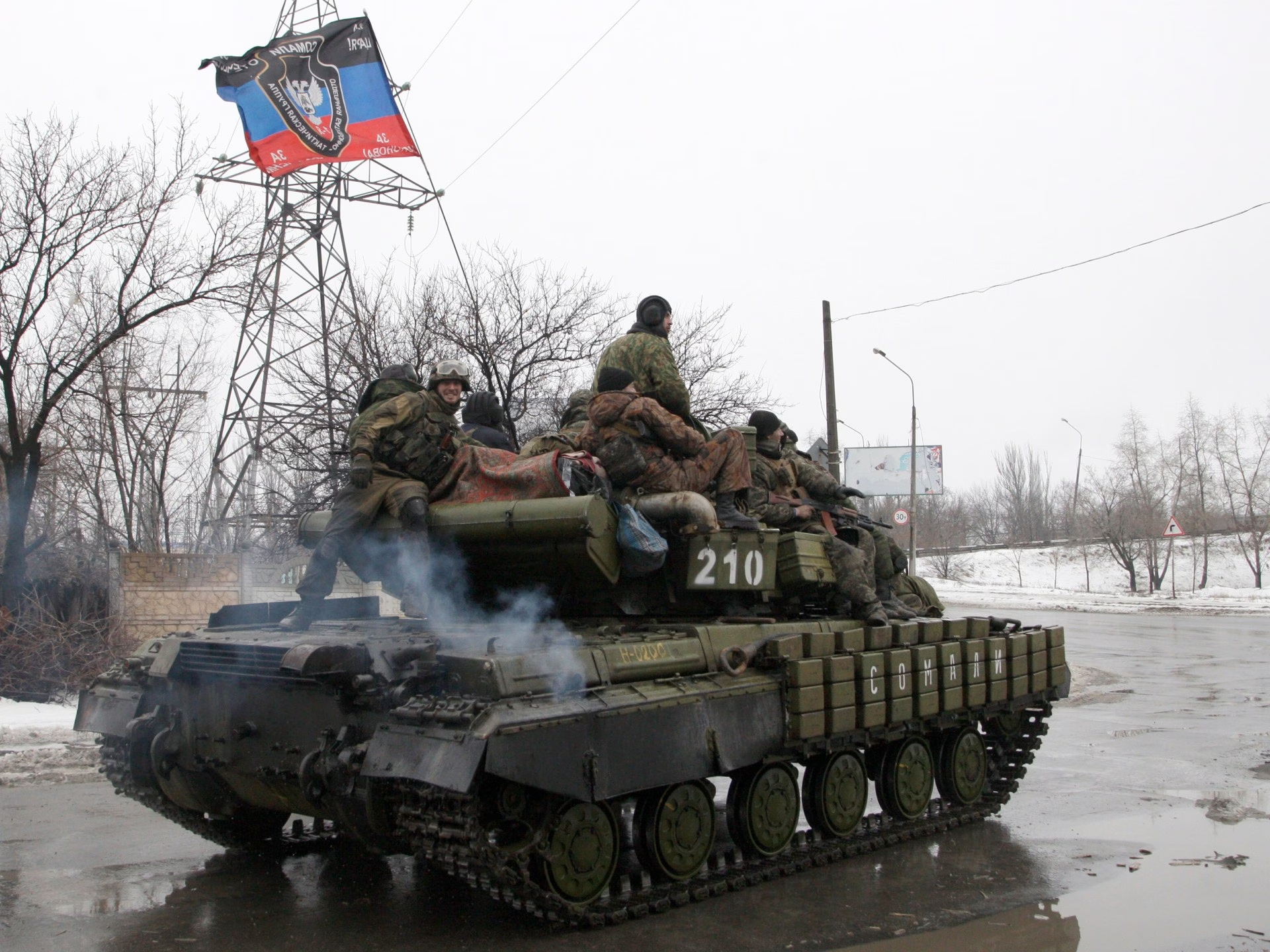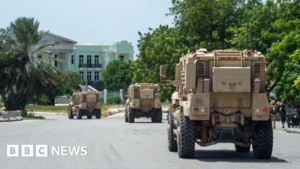Marking three years since Russia’s full-scale invasion of Ukraine, the Ukrainian people have shown astonishing resilience, thwarting Russian advances on Kyiv and prompting their retreat from Kharkiv and Kherson. Despite ongoing Ukrainian resistance, the war has entered a protracted phase where territorial gains come at great cost, testing Ukraine’s resilience and the West’s continued support.
A recent change in administration in the United States has led to a significant shift in policy regarding Ukraine, with demands for a swift peace agreement. However, this move raises concerns that it could lead to broader concessions in exchange for de-escalation with Russia. The absence of Ukraine from negotiations and rhetoric from Washington suggests a possible acceptance of a settlement that may not address Ukraine’s long-term security needs.
Historical precedents, such as the Minsk agreements, demonstrate the ineffectiveness of “peace” agreements that do not address Ukraine’s security concerns or societal expectations. These agreements have failed to bring about lasting peace and have allowed Russia to maintain its control over occupied territories while stifling Ukraine’s political and military capabilities.
Any settlement must reflect the will of the Ukrainian people, as polls indicate that there is no broad support in Ukraine for concessions or legitimising Russian territorial gains. For any peace deal to hold, it must be based on Ukraine’s continued military success and the sustained support of its allies. Western countries should avoid falling for Russia’s narrative and should instead focus on establishing a robust post-war security framework for Ukraine. The coming months will be crucial in defining the next phase of the conflict, as Washington reassesses its role in Ukraine and steps towards a more transactional approach may threaten Ukraine’s sovereignty.
Source: https://www.aljazeera.com/opinions/2025/2/24/a-flawed-peace-deal-would-not-end-the-war-in-ukraine?traffic_source=rss







